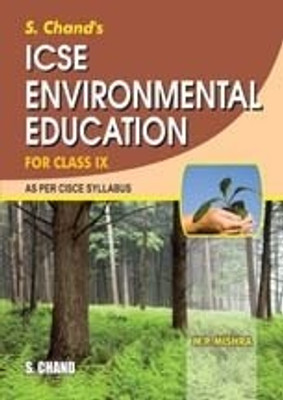ENVIRONMENTAL EDUCATION

Course
objectives
The objective of the course is to enhance students’
awareness of the environmental challenges and influence change in their
attitude and behavior towards caring for the environment.
Learning
outcomes
At the end of the course students should be able to:
v To
state and explain the principles of environmental education and trace the
history and philosophy of Environmental Education.
v Discuss
the challenges of the environment the world is facing today, and to find the
best solutions to those challenges.
v To
identify the human behavior and culture that are not environmentally sound and
explain the role of education in changing them.
v To identify different Environmental
conservation skills and critically analyze the applicability of those skills in
Tanzanian context.
Course
description
This course introduces students to the principles,
methodologies of environmental education and impacts knowledge and skills for
making environmentally responsible decisions in the management of environment
and natural resources. The course delivery methods include lectures, group
discussions and presentations.
Delivery:
30
lectures, 15 group presentations.
Assessment:
Course
work (40%), final examination (60%)
Coursework: Test (15%), group
presentation (15%), and quiz (10%).
Course
outline:
Topic
1: Principles of Environmental Education
1.1 Concepts
and principles of environmental education
1.2 History
and philosophy of environmental education
1.3 Approaches
in environmental education
1.4 Acquisition
of environmental knowledge.
Topic
2: The Environment and its challenges.
2.1 Physical
and cultural components of the environment
2.2 Population,
resources and environmental challenges
Topic
3: Human Behavior, Culture and the Environment.
3.1Factors
influencing human behavior towards the environment
3.2 The role
of education awareness, attitude, motivation, and commitment to improve
Environmental
quality
3.3 Changing
detrimental environmental behaviors
Topic
4: Skills and Expertise in Environmental Management
4.1 Methods
in environmental education
4.2
Environmental conservation skills (Use reduction, re-use, recycling)
4.3 Waste
management skills
4.4 Energy
saving technology.
Topic
5:
The role of Environmental Education in Sustainable development
Case studies.
Basic
Readings:
Boyce, J.K (2002). The
Political Economy of Environment, Edward Elgal, Chelternham, U.K
Hackle, J and A. Martin (2001). Environments
in a Changing World, Prentice Hall.
Otiende ,J.E (1991). Environmental
Education, African Books Collection, Oxford.
Palmer, J and P Neal (1994). The
Handbook of Environmental Education, Routledge London.
Simmons, D (1998). ” Reflections
on Environmental Education :Promise and Performance”Canadian Journal of
Environmental Education, 3, Spring 1998, pp 41-47, p 44.








No comments:
Post a Comment